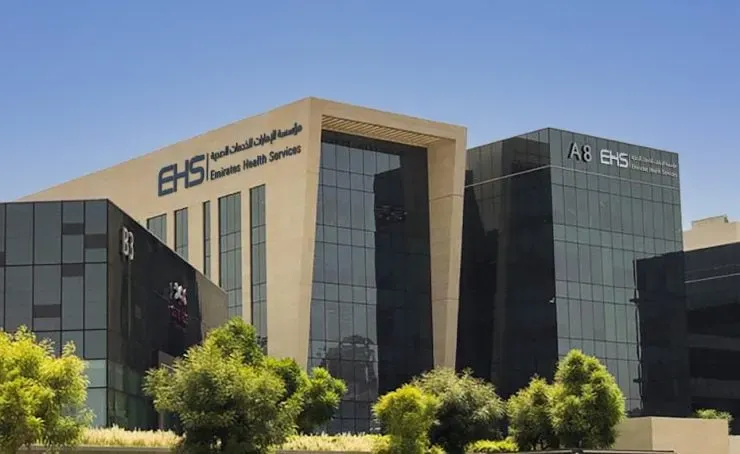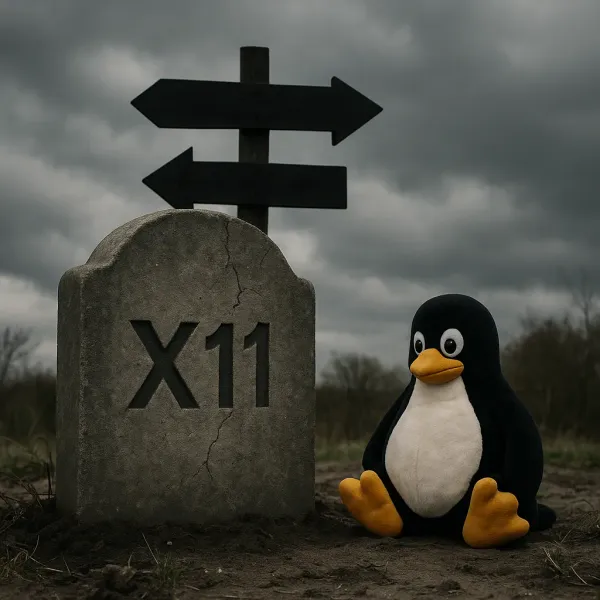Abu Dhabi Unveils Cybersecurity Guidelines for Healthcare
UAE Strengthens Healthcare Cybersecurity Regulations Amid Rising Attacks

The United Arab Emirates (UAE) is bolstering its efforts to protect the country's healthcare sector from escalating cyber threats. In response to a series of attacks on healthcare organizations, the UAE has updated its regulatory framework to enhance cybersecurity measures and better safeguard sensitive patient data. The UAE's Telecommunications Regulatory Authority (TRA) recently issued new guidelines aimed at strengthening the cyber resilience of healthcare providers. The directive focuses on implementing robust access controls, encryption for data in transit and at rest, and regular security audits to identify vulnerabilities. Additionally, the TRA is promoting greater information sharing among healthcare organizations to facilitate a coordinated response to emerging threats. The UAE's heightened focus on healthcare cybersecurity comes as no surprise. The sector has emerged as a prime target for cybercriminals due to the rich trove of personal and financial data it holds.
Moreover, the COVID-19 pandemic has amplified the risk, with remote work arrangements introducing new security challenges that attackers are eager to exploit. According to a recent report by IBM Security, the healthcare sector suffered the highest average breach cost in 2020, totaling $7.13 million per incident. The study also found that misconfigured cloud storage and lack of visibility into infrastructure were among the top causes of data breaches. To address these concerns, the UAE's updated regulatory framework emphasizes the importance of secure cloud adoption and promotes best practices in cloud configuration management. By implementing robust security measures and fostering a culture of awareness, the TRA aims to minimize the risk of data breaches and safeguard patient trust.
However, some experts question whether federal authorities can truly keep pace with the rapidly evolving threat landscape. As attackers continue to develop sophisticated techniques, maintaining an up-to-date understanding of emerging threats becomes increasingly challenging. One such technique is ransomware-as-a-service (RaaS), a subscription-based model that enables less technically skilled cybercriminals to launch attacks using pre-built tools and infrastructure. According to a report by Cybersecurity Ventures, global ransomware damage costs are projected to exceed $20 billion by 2021—a tenfold increase since 2015. In light of these threats, the UAE's strengthened regulatory approach is a welcome step toward improving healthcare cybersecurity.
However, it remains to be seen whether these measures will be sufficient to counter increasingly sophisticated attacks and protect the sensitive data entrusted to healthcare organizations. **What is Ransomware-as-a-Service (RaaS)?** Ransomware-as-a-service (RaaS) is a business model in which cybercriminals rent out ransomware tools and infrastructure to other attackers. This setup enables less technically skilled individuals to launch ransomware attacks without needing extensive knowledge of coding or encryption. The RaaS operator typically receives a percentage of the ransom payment as compensation for providing the service. This model has contributed to the rise in ransomware attacks, as it allows a broader range of attackers to participate in these illicit activities.




